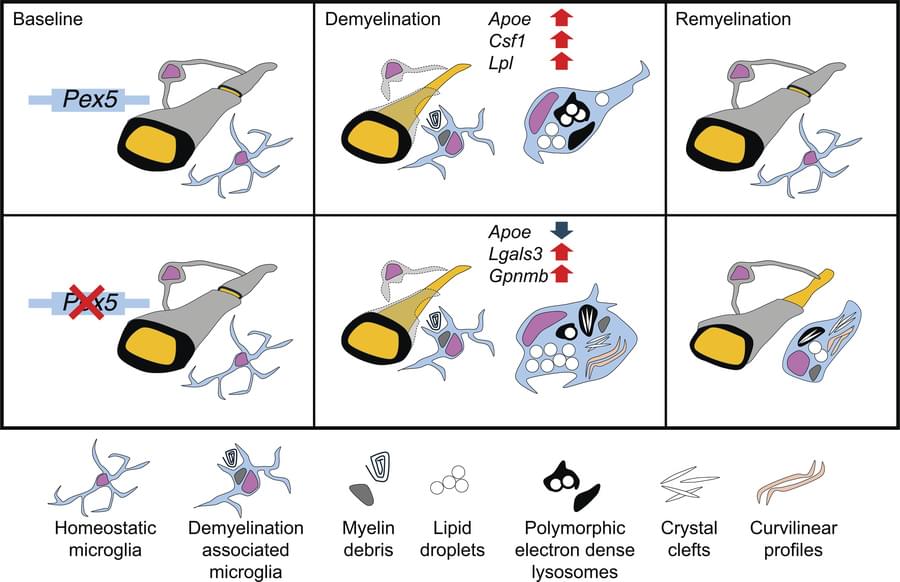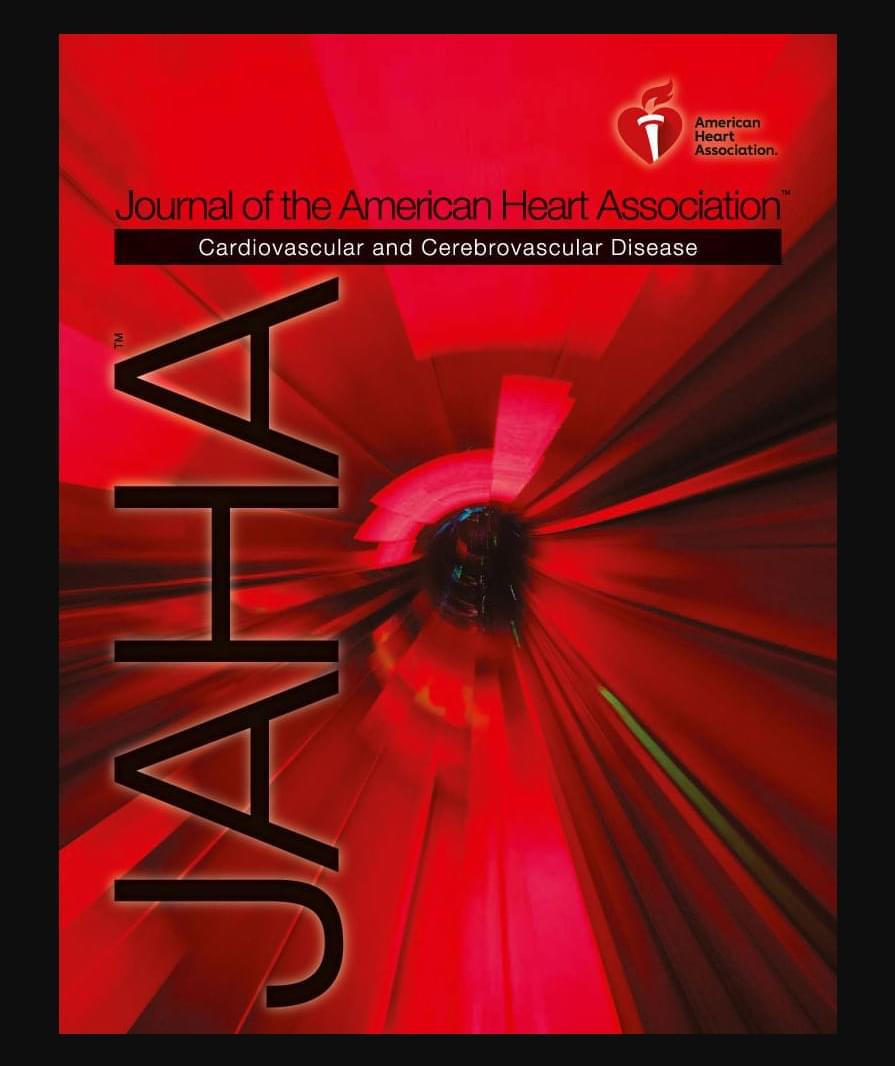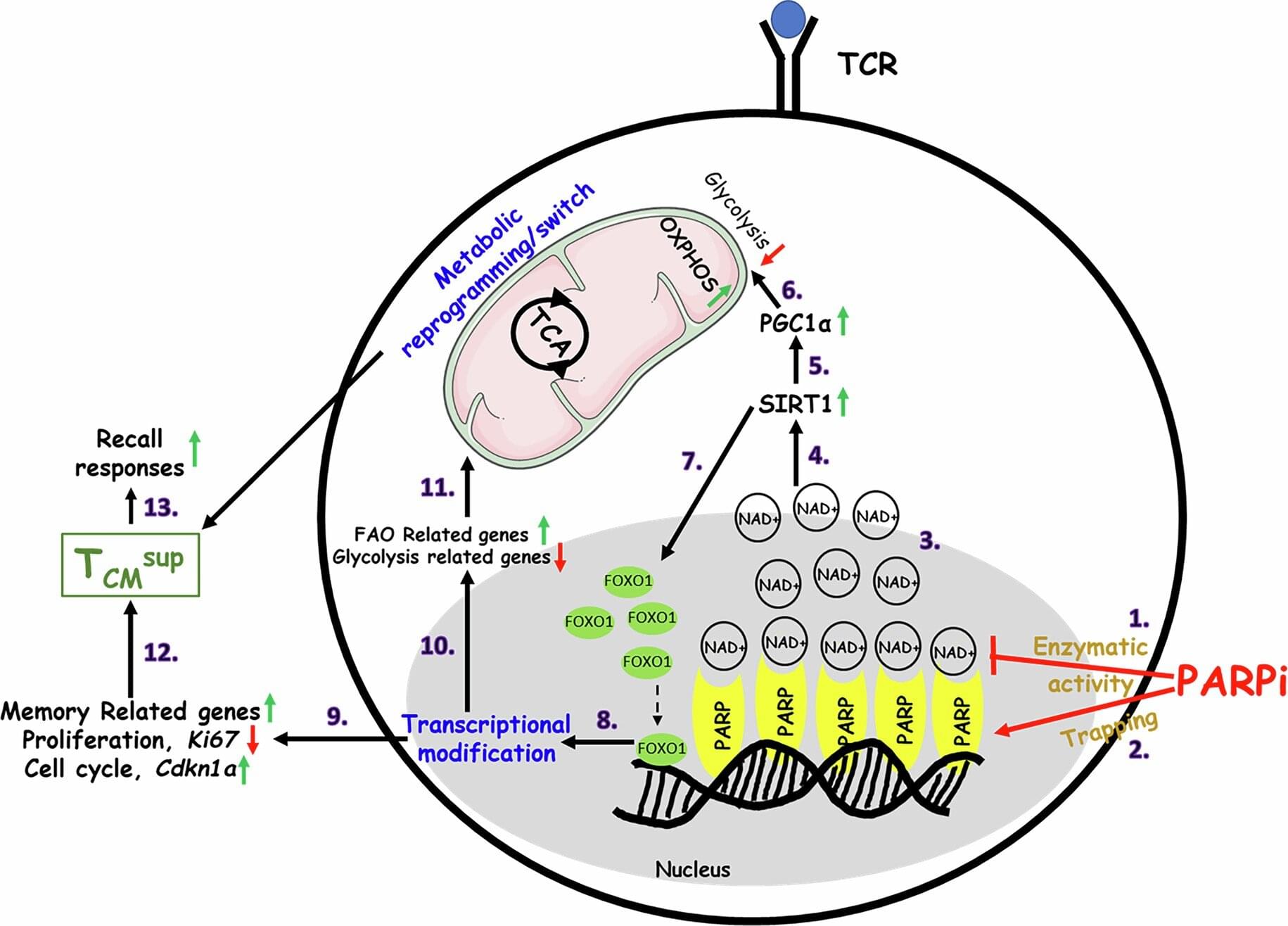Sarcoidosis is a systemic, granulomatous disorder commonly affecting the lungs that has the potential to cause numerous thoracic complications. We present a novel case of a 44-year-old woman with pulmonary sarcoidosis who demonstrated a large pulmonary infarction. The disease presentation ultimately was attributed to arterial stenosis resulting from sarcoidosis-associated fibrosing mediastinitis and compressive mediastinal adenopathy. The patient was treated with an extended course of prednisone and subsequently was transitioned to azathioprine with eventual resolution of symptoms, but persistence of imaging findings.







